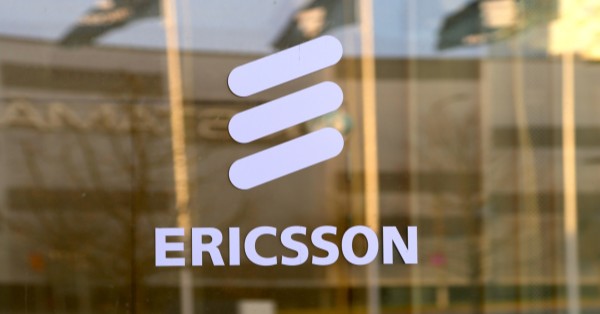OneWeb, a company specializing in low Earth orbit (LEO) satellite communications, has announced that it has signed a letter of intent with Amazon Web Services EMEA SARL (AWS), a leading cloud platform, to explore providing cloud-based connectivity and innovative services to customers worldwide.
The collaboration between OneWeb and AWS aims to expand both horizontal and vertical services to provide customizable and integrated solutions for edge-to-edge operations. This will include combining global satellite broadband connectivity with AWS cloud services and edge computing capabilities to deliver advanced connectivity to a wide range of customers worldwide. OneWeb and AWS plan to develop and enhance industry and cloud solutions, creating the next generation of virtual network functions focused on bringing LEO connectivity to customers and communities. The companies also plan to provide a fully integrated satellite constellation management solution as a service to the public and satellite community.
OneWeb and AWS have identified four primary areas of collaboration, which include:
- Business Continuity: Combining cloud services and edge computing services with connectivity, offering a resilient and continuous experience through an integrated infrastructure supported by the LEO satellite constellation.
- Virtualization of Mission Operations: Offering customizable and integrated solutions to support virtual mission operations for customers.
- Space Data Analytics: Fusing new levels of predictive and trending big data analytics through data lakes to support space and ground operations.
- User Terminals & Edge Integration: Deploying smooth cloud-to-edge solutions using a user terminal connected to the LEO satellite network.
OneWeb’s low-latency LEO technology could provide a link between the telco edge and AWS’s cloud network worldwide. This statement is part of OneWeb’s continuing efforts to narrow the digital divide and promote innovation by collaborating with top-tier service providers, catering to customers from the government, telecommunications, airline, and shipping industries.
Maurizio Vanotti, Vice President for New Markets at OneWeb, expressed his excitement regarding the collaboration with AWS, stating that the global agreement will transform the market by leveraging OneWeb’s high-speed, low-latency services to provide connectivity to remote areas. This will result in customers being able to access even the most remote corners of the world.
Clint Crosier, Director of Aerospace and Satellite Solutions at AWS, said that AWS is committed to helping customers transform space systems, drive innovation, and quickly transform data into valuable insights. He also expressed his eagerness to work with OneWeb in pushing the edge closer to where their customers need it the most.
























